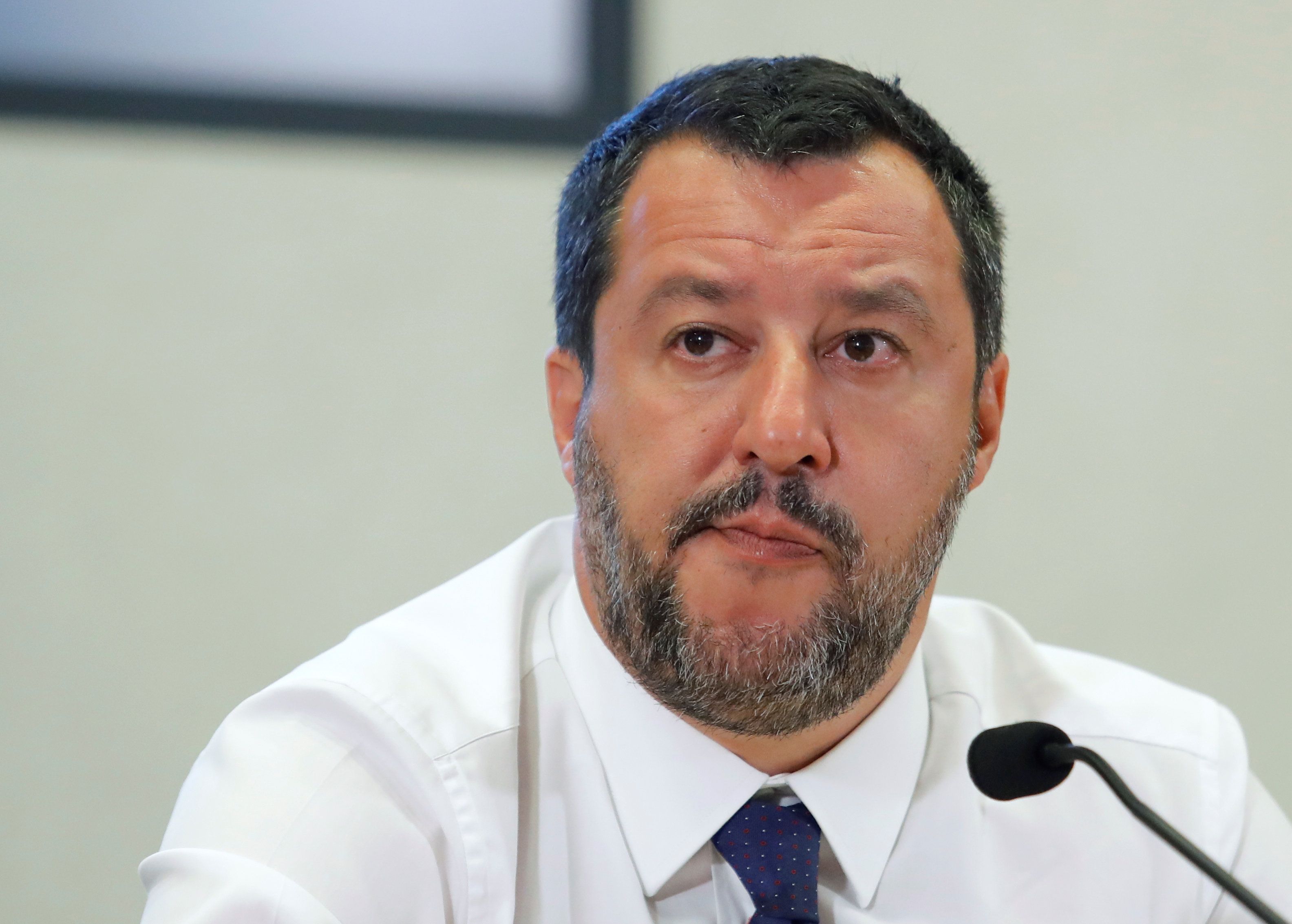August 29, 2019
Salvini's next move – From his post as interior minister, the charismatic Matteo Salvini has cut a dominant figure in Italian politics for the past year. Boosted by the popularity of his hardline approaches toward North African migrants and EU officials, Salvini believed that forcing early elections would make him prime minister. He figured the populist Five Star Movement (5SM) and center left Democratic Party (PD) would never find enough common ground to form a coalition government without Lega, his party. Turns out 5SM and PD do share one thing: they can't stand Matteo Salvini. They've now agreed to form a government. For now, Salvini will settle into the role of opposition leader, a natural fit for his firebrand talents. He's already called for a protest in Rome on October 19. But his quest to eventually become prime minister will continue.
Somalia's climate emergency –Aid agencies warn that two million people in Somalia already face severe hunger, and three million more don't know where their next meal will come from. Following severe droughts in recent years—and evidence that the frequency and duration of droughts has increased—Somalia offers the latest case study in how climate issues can combine with political instability, corruption, and terrorism to create humanitarian emergencies.
Chinese media's Hong Kong spin – Chinese state media have tried just about every approach in covering the ongoing pro-democracy protests in Hong Kong, according to BBC Monitoring. They've tried to ignore them, blamed them on "foreign agents," portrayed protesters as dangerous hooligans, argued that a silent majority of Hong Kongers disapprove of the demonstrations, and highlighted foreigners living in Hong Kong who praise China and pro-China protests led by Chinese nationals living in Western countries. They've even used Chinese celebrities—actresses, models, and members of boy bands–to talk up China and chastise the demonstrators. But none of this has quelled the public anger in Hong Kong, so we're watching to see what Chinese media try next.
"War and Peace" in India – A year ago, five activists were arrested in Mumbai and charged with instigating caste-based violence. This week, a judge in Mumbai made news by demanding to know why a copy of Tolstoy's War and Peace was found in one of the defendant's homes. Why did the defendant have an interest, asked the judge, in learning about "war in another country?" This episode leaves us wondering about Crime and Punishment in India.
What We're Ignoring
Slovenia's Trump Statue – We're ignoring this 25-foot-tall statue of Donald Trump that appeared recently in his wife's home country of Slovenia because it's weird, creepy, and doesn't look that much like him.More For You
Most Popular
Fishing boats moored at Taganga Beach, as fishermen express concern over unclear US government videos showing strikes on vessels during anti-narcotics operations, amid fears that those targeted may have been fishermen rather than drug traffickers, in Santa Marta, Colombia, on October 20, 2025.
REUTERS/Tomas Diaz
Walmart’s $350 billion commitment to American manufacturing means two-thirds of the products we buy come straight from our backyard to yours. From New Jersey hot sauce to grills made in Tennessee, Walmart is stocking the shelves with products rooted in local communities. The impact? Over 750,000 American jobs - putting more people to work and keeping communities strong. Learn more here.
© 2025 GZERO Media. All Rights Reserved | A Eurasia Group media company.
